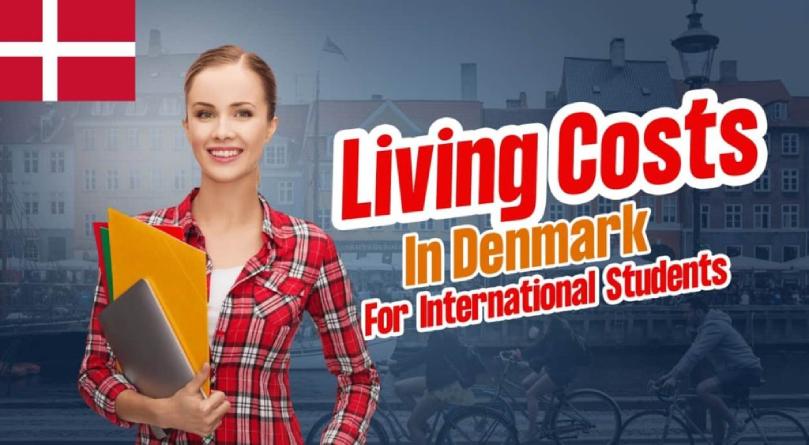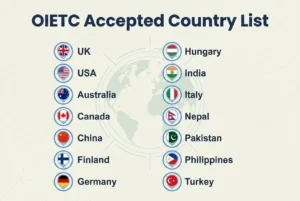Denmark, known for its high quality of life and excellent education system, is an attractive destination for international students. However, understanding the living costs is crucial for effective financial planning. Here’s an in-depth guide to help you estimate the living costs in Denmark for international students.
Types of living costs in Denmark
Living costs in Denmark include various expenses while residing in the country. These costs can broadly be categorized into several types:
Accommodation Costs:
Whether living in university accommodations, rented apartments, or shared housing, rent is a significant expense. It includes electricity, water, heating, internet, and garbage disposal fees, which are often part of the accommodation expenses.
Food Expenses:
It includes the cost of purchasing food items for cooking at home. Expenses are also incurred from eating at restaurants or cafes.
Transportation Costs:
Expenses related to bus, train, or metro tickets or passes for commuting. If you own a car or a bike, this includes fuel, maintenance, parking fees, and insurance costs.
Healthcare and Insurance:
This includes payment for health insurance coverage, either through the Danish Health Insurance Card (yellow card) for EU/EEA citizens or private health insurance for non-EU/EEA citizens.
Personal and Leisure Expenses:
Cost of buying clothes, toiletries, and other personal items. Expenses related to leisure activities, such as movies, concerts, sports, or memberships to clubs.

How much is the living cost in Denmark?
The cost of living in Denmark can vary depending on several factors, including the city you live in, your lifestyle, accommodation choices, and spending habits. On average, international students should budget between DKK 6,000 to DKK 10,000 per month to cover their living expenses.
Living costs in Denmark
Living costs in Denmark usually depend on your lifestyle and habits. But to give you an idea of average monthly expenses are given here:
| Type of Costs | Approximate Cost of Living per Month |
| Rent | Varies from 3000-5,000 DKK (utilities are generally included) |
| Insurance | Approximately 200 DKK |
| TV license | 100 DKK |
| Books and supplies | 250-500 DKK |
| Mobile phone | 150 DKK (internet bill around 250 DKK, may be included in your rent) |
| Food | 1,500-2,000 DKK |
| Transport | 300 DKK |
| Other personal expenses | 1,000 DKK |
Price examples for different things in Denmark
Here are price examples for various items and services in Denmark to give you an idea of living costs in Denmark
| Buying a second-hand bicycle | 250 – 1,000 DKK |
| Cinema ticket | is 95 DKK |
| Dining out | 200 DKK |
| Nightclub entrance | 0 – 100 DKK |
| Beer or a soft drink at a bar | 30 – 50 DKK |
| Beer or a soft drink from the supermarket | 5 – 15 DKK |
| Coffee at a café | 30 – 50 DKK |
Opening a bank account in Denmark
All international students are recommended to open a Danish bank account. To do that, you must first obtain a Danish CPR number (i.e. ID number). We suggest you take fellow students’ recommendations when choosing a bank account. You will have to bring enough money or a credit card for the first few weeks of your stay in Denmark. Please make sure you can use your credit card in Denmark. You should check your cash withdrawal limit.
Final words
Remember, these are approximate figures and actual expenses can vary based on personal choices and circumstances. Additionally, cities like Copenhagen tend to be more expensive compared to other Danish cities, so it’s important to consider the cost of living in the specific area you plan to reside in. You can also contact AIMS Education for better guidance about the living costs in Denmark.





